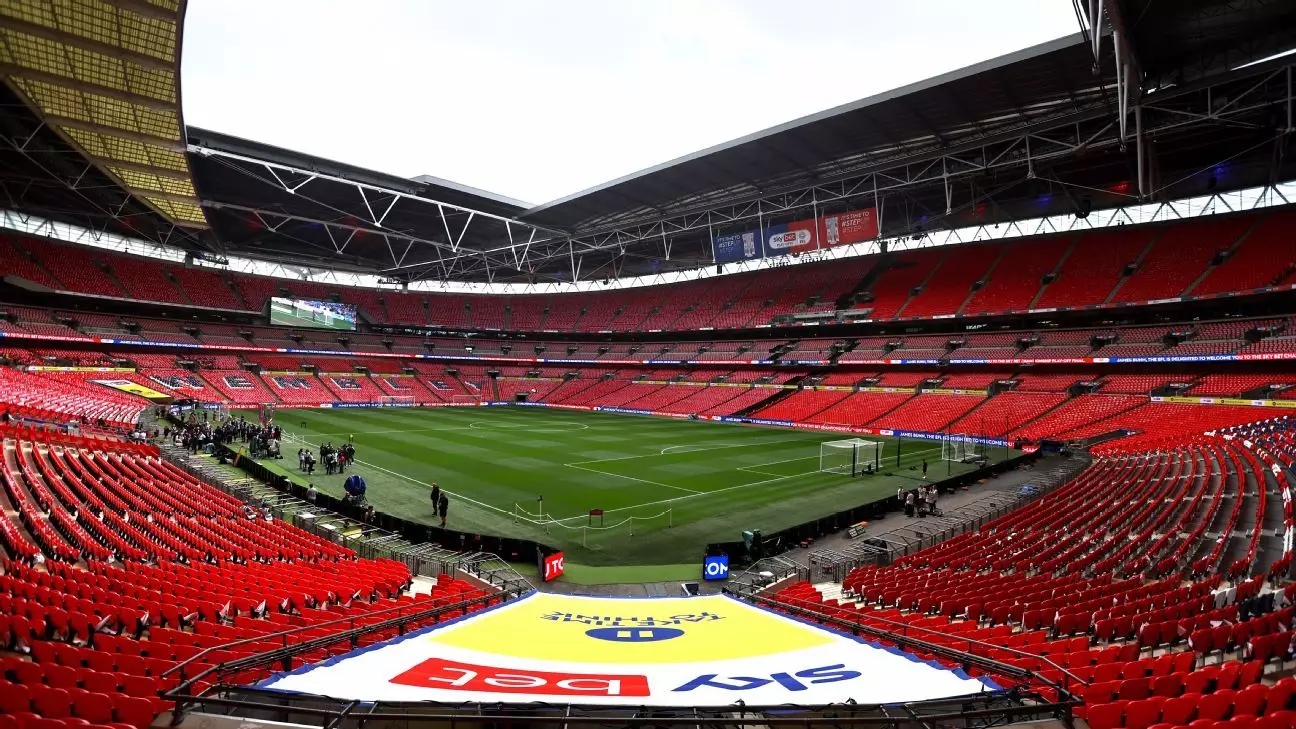The landscape of English football is on the brink of a transformative evolution with the impending introduction of the Football Governance Bill. Slated for discussion in the House of Lords, this landmark legislation is not merely a bureaucratic move; it represents a commitment to reshaping the very fabric of football governance in the country. The initiatives proposed in the bill are particularly aimed at increasing financial sustainability in the elite echelon of English football, which has been beleaguered by fiscal mismanagement and a growing chasm of inequality among clubs.
At the heart of the proposed regulatory changes lies an emphasis on empowering fans and ensuring that clubs maintain their status as community pillars. The Department for Culture, Media & Sport (DCMS) has emphasized that the regulator will be tasked with addressing the dire challenges plaguing clubs, especially in light of the distressing financial collapses seen with teams like Bury and Macclesfield. It is thus a clear restorative measure intended to stabilize and secure the future of clubs that are often considered the lifeblood of their communities.
Former Manchester United star Gary Neville, now co-owner of Salford City FC, echoed the sentiments of many involved in the sport. He articulated a shared belief that football’s fate should not rest solely in the hands of individual owners who may prioritize profits over passion. His advocacy for independent regulation underscores a widespread frustration with how football has been managed at the upper echelons, which will now potentially face scrutiny and accountability.
One of the pivotal aspects of the new regulator will be its authority to impose a club licensing regime and conduct thorough financial assessments of football clubs. The aim is to create cohesive standards that better reflect a club’s financial health and governance practices, thus deterring reckless spending that historically has led to catastrophic downfalls. This mechanism could be crucial in preventing clubs from ‘living beyond their means,’ a phrase that has become synonymous with too many stories of despair in recent years.
The DCMS has made clear that the proposed regulator can act as an essential buffer against rogue ownership and maladministration in football. As the football community continues to reel from the debacle surrounding the attempted European Super League, it becomes essential to reestablish trust in the governance of the sport. The regulator is envisioned as a catalyst for reinvigorating the sport’s integrity, creating a more level playing field among clubs and ensuring their long-term viability.
However, the push for a regulatory overhaul has not been without its detractors. The Premier League has voiced concerns regarding the introduction of a governance framework that could mirror banking regulations, claiming that such an untested approach might inadvertently harm the structure of English football, which is globally lauded for its competitiveness and cultural significance. The Premier League’s concerns highlight an essential tension: the need for regulation must be balanced with the preservation of the unique characteristics that make English football a vital source of national pride and economic growth.
While the Premier League acknowledges the necessity for some level of governance reform, their call for “checks and balances” illustrates the complexity of navigating the interests of clubs, fans, and the overarching integrity of the game itself. This contention raises broader questions about how much oversight can be imposed without stifling the spirit of competition inherent in football.
The introduction of the Football Governance Bill represents a significant turning point for English football, establishing a framework aimed at preventing future crises while fostering a more inclusive environment for fans and clubs alike. While there is a clear desire for reform rooted in necessity, the path toward implementation will require delicate negotiation among all stakeholders involved. The ongoing debate in Parliament will serve as a key phase in determining the future governance of the sport, potentially heralding a new era of accountability, sustainability, and community engagement in English football.

